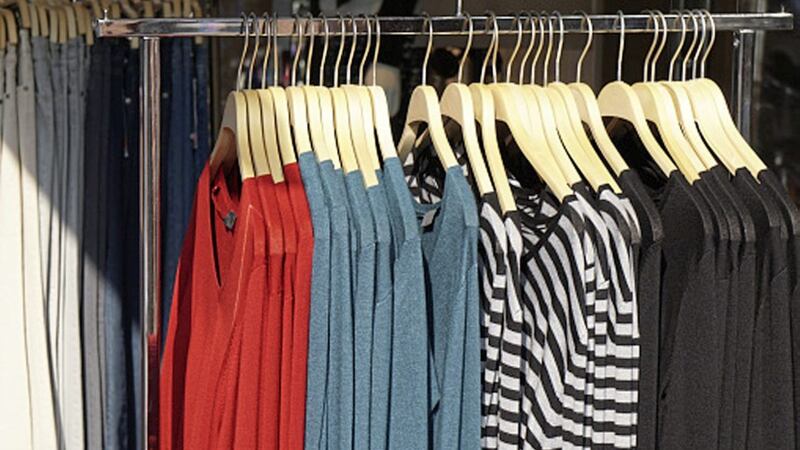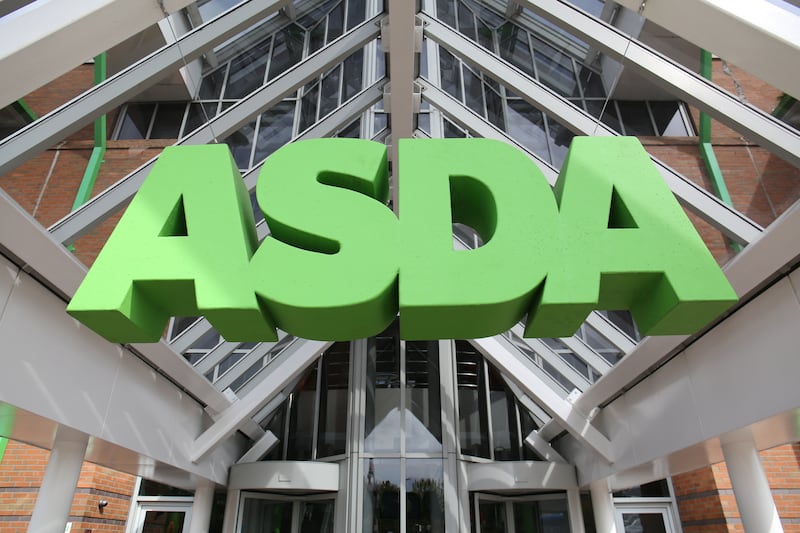THE inflation rate has fallen to an unexpected one-year low, providing relief for cash-squeezed households and easing pressure on the Bank of England to hike interest rates next month.
Figures from the Office for National Statistics (ONS) show the Consumer Prices Index (CPI) fell to 2.5 per cent in March, compared with 2.7 per cent in February and below the 3 per cent recorded in January.
Economists had predicted the rate to hold steady at 2.7 per cent, but it now brings inflation closer to the Bank of England's 2 per cent target. It also raises some doubt over whether its Monetary Policy Committee (MPC) will follow through on a much anticipated interest rate hike at its May 10 meeting.
The largest downward pressure on the CPI figure in March came from footwear and clothing, having risen by just 0.7 per cent on a monthly basis compared with 2 per cent over the same period in 2017.
ONS head of inflation Mike Hardie noted that women's clothing prices rose slower than usual for the first time this year.
"Alcohol and tobacco also helped ease inflation pressures, with tobacco duty rises linked to the Budget not appearing this March, thanks to its new autumn billing."
Tobacco prices rose just 0.1 per cent in March, compared to a 2 per cent month-on-month rise last year, while food prices rose by 0.3 per cent over the month, versus
a 0.6 per cent rise over the same period in 2017, with fruit and fish key drivers, having fallen 1.4 per cent and 1.3 per cent respectively.
At the pumps, motorists also faced lower costs, with petrol down by 1.6p per litre on the month to 119.2p per litre and diesel falling by 1.5p to 122.9p.
Danske Bank chief economist, Conor Lambe, said the latest figures are a boost for consumers.
“For UK consumers, this fall in inflation is the second bit of good news in as many days as the latest labour market data showed a rise in the rate of wage growth. These two data releases reinforce the view that, going forward, the consumer squeeze is likely to ease gradually."
Ulster Bank chief economist, Richard Ramsey added that while the combination of accelerating wage growth and the easing inflation rate is good news, an interest rate hike is on the cards.
"Financial markets are expecting the Bank of England to raise rates next month. While the lower than anticipated inflation figures have made markets slightly less certain of a 0.25 per cent increase next month, borrowers and savers should not be surprised with a move. The expectation is for the Bank of England’s benchmark Bank Rate to end 2018 at 1 per cent as opposed to its current 0.5 per cent."
The Retail Prices Index (RPI), a separate measure of inflation, was 3.3 per cent last month, down from 3.6 per cent in February, while the Consumer Prices Index including owner-occupiers' housing costs (CPIH) was 2.3 per cent in March, down from 2.5 per cent in February.








